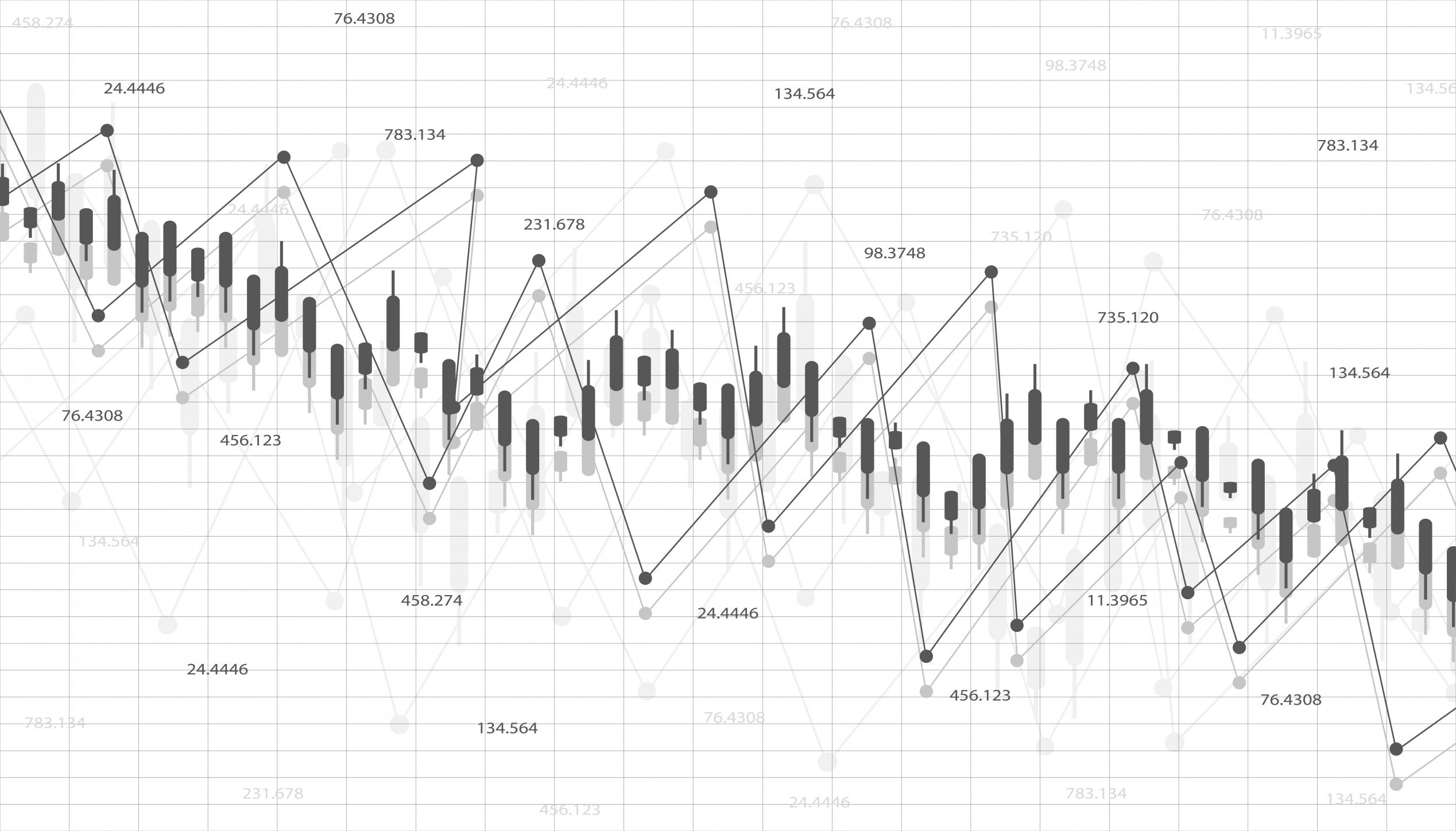Berlin, 06/11/2025
What is Predictive AI for Business?
As a British mathematician and entrepreneur, Clive Humby (OBE), states, “Data is the new oil”, and companies are everyday more understanding of the essentiality of data-driven decisions for their successful operations.
The landscape for businesses has ever-growing expectations of growth and improvement, which needs leaders to constantly optimize, anticipate, and make informed decisions. And most organizations have rich historical data that they currently struggle to translate to insights. This is where predictive artificial intelligence fits in. Research indicates that companies effectively using predictive analytics tend to outperform peers, but successful implementation is strongly connected to approach and execution. For example, PayPal reduced decision-making time from hours to minutes (90% improvement), while Starbucks achieved 20% greater forecasting accuracy with 50% faster revenue growth.
But what is Predictive AI?
Predictive Artificial Intelligence is an application of statistical techniques, ML algorithms and data analytics to forecast (predict) future outcomes, by using historical or even real-time data.
This has quickly become a key capability for growing companies, which are looking to foresee challenges, optimize their operations and protect (and even grow) their profitability. According to Investopedia, predictive analytics is a tool with which "current and historical data patterns are examined and plotted to determine the likelihood that those patterns will repeat" (Investopedia, 2025).
This technology itself is not new; what has evolved is the ability to make these insights accessible and actionable for business decision-makers.
Business Applications of Predictive AI
Based on the premise of predicting outcomes across industries, challenges, and opportunities, applications of Predictive AI for business are constantly growing. Currently, there is a wide range of these that have gained traction:
- Predictive Maintenance, especially in the Manufacturing Sector, AI-powered prediction for maintenance planning of machinery and technology has supported this industry in identifying issues before escalation, and reducing downtime for process optimization (CIO Influence, 2025). Advanced algorithms identify equipment degradation patterns weeks before failure, allowing planned interventions that minimize operational disruption. Traditional anomaly detection methods identify 60-70% of issues, while AI-powered systems achieve 95% accuracy rates.
- Demand Forecasting and Inventory Management, such is the need for retailers and distribution businesses, which have leveraged the power of predictive AI to optimize stock levels, through forecasting and monitoring (Business Insider, 2025). The results typically include reduced waste, improved cash flow, and better customer satisfaction through consistent product availability. Companies like Starbucks report 20% improvements in forecast accuracy alongside accelerated revenue growth.
- Customer Behavior Analysis, which is of use across diverse verticals, this application allows businesses to analyze customer data to understand and predict customer behavior; such as understanding which customers are likely to churn, expand, or respond to specific offers, which enables targeted resource allocation. Companies report improved customer lifetime value when they can predict and respond to behavioral patterns. Financial services providers have seen operator efficiency improvements of up to 60% when AI supports customer analysis workflows.
Measurable Impact Across Industries
Real-world implementations demonstrate predictive AI’s business value. Financial services report decision-making speed improvements of 90%, while telecommunications companies have expanded customer bases by 100,000+ annually through predictive customer intelligence. In pricing optimization, leading e-commerce platforms achieve 5-10% revenue increases while reducing losses by 15% through AI-driven pricing strategies.
New Phase of Decision Intelligence
Integrating predictive AI analytics into business decision-making has shown powerful results in terms of accuracy and faster revenue growth through different applications areas spanning anomaly detection, demand forecasting, price sensitivity, and customer lifetime value. By combining decision modelling and business expectations, leaders can make smarter and faster decisions in shifting environments, increasing their decision speed by up to 90%.
Explainable AI’s Role
Technical accuracy alone does not drive adoption. Business leaders need to understand the reasoning behind predictions to make confident decisions. As evident as the results provided by these AI applications may be, it is essential to bear in mind that the adoption of new tools by companies requires time for incorporation, operational transparency, and a clear understanding of the features for users. Predictive AI platforms involve complex concepts and methods from computer science and AI, which, being difficult to understand in terms of processes, can make users feel less confident about the results and thus erode trust and hinder implementation times.
Explainable AI emerges as a response to this lack of transparency and interpretability in terms of AI models with an approach that ensures that each result delivered by AI algorithms includes clear explanations of the data process and pattern extraction. Explainable AI modules within intelligent forecasting platforms help build trust by providing greater context for understanding the machine's reasoning. In the scientific field, there is extensive exploration of how explainable AI helps build trust, understanding, and transparency to support decision-making among healthcare professionals and comply with industry standards and regulations.
Leverage Predictive AI Benefits with Backwell Tech
We focus on building predictive models that business leaders can trust and act upon. Our explainable AI platform provides not just predictions, but the reasoning and confidence levels that enable informed decision-making. By integrating predictive AI into business processes related to pricing strategies, customer retention, demand forecasting, and anomaly detection, business leaders can stay ahead of the innovation curve and make profitable decisions in a faster way.
For more information on how to integrate predictive AI platforms for specific business needs, please reach out to the Backwell Tech team.
About Backwell Tech
Backwell Tech is a Berlin-based high-tech company specializing in predictive AI solutions. The platform offers companies scalable AI models for profit maximization by utilizing historical and real-time data and ensuring data integrity. Since its founding in 2019, Backwell Tech has combined cutting-edge research with practical innovation in explainable algorithms. The company focuses on ethical AI development and delivers reliable, interpretable forecasts that enable informed business decisions. More information at www.backwelltechcorp.com. Backwell Tech Corp contact: Maximilian Gismondi hello@backwelltechcorp.com
Sources
- Investopedia. (2025). Predictive Analytics: Definition, Model Types, and Uses. Retrieved from https://www.investopedia.com/terms/p/predictive-analytics.asp
- Business Insider. (2025, June 4). To avoid product shortages, big retailers are scrapping reactive methods for AI. Retrieved from https://www.businessinsider.com/walmart-target-use-ai-to-prevent-inventory-shortages-2025-6
- CIO Influence. (2025). AI-Driven Predictive Maintenance in Manufacturing. Retrieved from https://cioinfluence.com/it-and-devops/ai-driven-predictive-maintenance-in-manufacturing/






